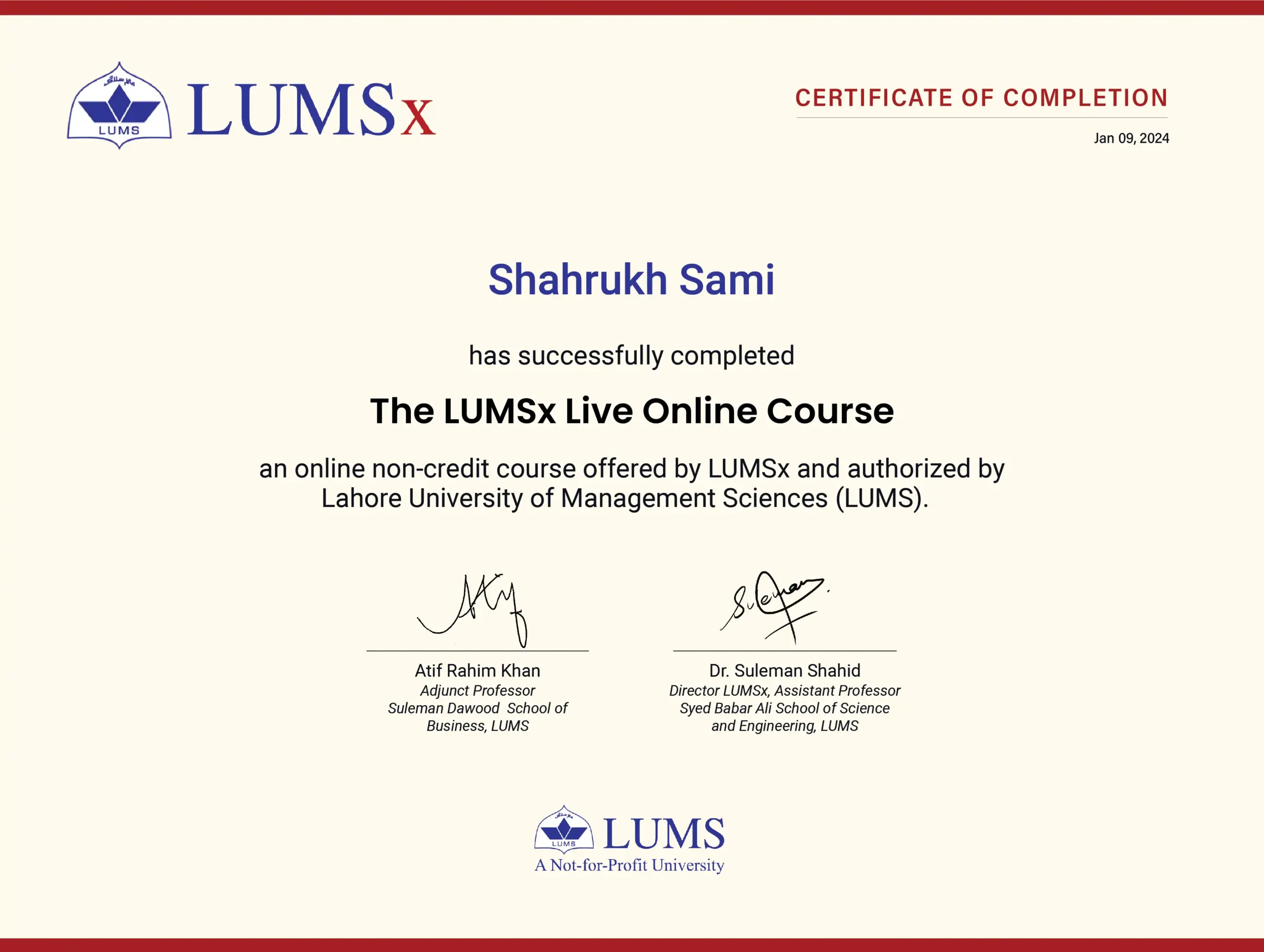Registrations for Effective Teaching Strategies Specialization are now open. Learn More

Executive functions are a set of mental skills that help us plan, organize, make decisions, juggle multiple tasks, and accomplish everyday chores. For kids and teens, these tasks might be things like starting morning work after entering the classroom, bringing the right materials to class, staying focused despite the allure of digital devices, building new friendships, staying composed during stressful situations, or expressing themselves when faced with adversity. Children who do not have opportunities to use and strengthen these skills, and, therefore, fail to become proficient have a very hard time studying, sustaining friendships, managing their emotions, and adapting to new situations. Left unaddressed, these issues tend to persist and exacerbate over time, leading to adulthood where they may encounter difficulties in various aspects of life, such as maintaining employment, forming and sustaining meaningful relationships and coping with the demands of daily living.
Therefore, developing these skills during childhood stands out as an important and challenging task and parents bear the significant responsibility of strengthening these skills at home. The aim of this workshop is to introduce executive functions to parents of kids in elementary school or early teenage years, providing them with practical strategies and tools to support their children’s cognitive development and overall well-being. Parents will gain a comprehensive understanding of the significance of executive functions in everyday life, learning to recognize signs of challenges their children may face in these areas. They will receive practical tips and techniques to enhance each executive function, such as working memory, self-regulation, planning, organization, and emotional regulation. The course will utilize engaging case studies and interactive activities to reinforce concepts and provide hands-on learning experiences.
As a next step, parents will be equipped with specific action plans tailored to their child’s individual needs, enabling them to implement these strategies and techniques and continue to strengthen their child’s executive function development at home.
Who Should Take This Course: This workshop caters to parents and caregivers of children aged 6-14, focusing on key developmental stages: early elementary, late elementary, and early adolescence. It addresses challenges like organization and emotional regulation, crucial as children mature. Participants, regardless of background or expertise, gain practical tools and insights to support cognitive and emotional growth. The workshop welcomes first-time parents and experienced caregivers alike, with no prerequisites needed. It is tailored to accommodate varying levels of familiarity with executive function concepts and parenting techniques. Additionally, educators can find value in this workshop as it equips them to educate the parents they interact with about executive functioning skills and mindful parenting in general, while also providing insights to manage their students and classrooms more effectively.
By the end of this course, the students should be able to:
Get early access by joining the waitlist!
Want to avail group discounts? Visit our “For Organizations” page to learn more about team enrollments.



Falak Akhtar Wahla is a seasoned mental health counselor with a Masters in Human Development…
Falak Akhtar Wahla is a seasoned mental health counselor with a Masters in Human Development…
In this module, participants will explore the three main areas of Executive Functioning (EF) skills and their associated tasks. The trainer will delve into potential causes of EF challenges, emphasizing their modifiability through various strategies. The module highlights the crucial influence of early experiences, from infancy through adolescence, on the development of these capacities.
In this module, participants delve into the critical aspects of working memory and its impact on learning, behavior, and social interactions in children. Participants will also explore common difficulties faced by children with working memory challenges and share their personal experiences.
In this module, participants will explore the significance of flexible thinking for problem-solving, adaptation, and creativity. The session will address common challenges in flexible thinking that children may encounter. The instructor will provide practical exercises and games for parents to cultivate flexible thinking in their children. The module will encourage participants to brainstorm ways to integrate flexible thinking strategies into their family dynamics, promoting a dynamic and adaptable mindset in children.”
In this module, participants will explore the crucial components of self-control and its impact on achieving goals, managing emotions, and making responsible decisions. Participants will discuss common challenges faced by children, such as impulsivity and difficulty managing emotions. The session will include reflections on parenting styles, prompting participants to assess how their approach influences their child’s self-control. Practical scenarios will guide parents in identifying areas for adjustment, ensuring effective support for their child’s self-control development within the home environment.”

No specific prerequisites are required for this course. It is designed for parents and teachers of young children.
The course is structured to span 4 days (2 weekends).
Participants should have access to a computer, laptop, or tablet with audio and video capabilities. A stable internet connection is essential for seamless participation. The course will utilize software applications such as Zoom or Microsoft Teams for live online sessions. Familiarity with these platforms, as well as basic online communication tools, will enhance the overall learning experience. These technical requirements ensure that participants can actively participate in the interactive and practical aspects of the course.
Lecture recordings will be accessible throughout the duration of the workshop. However, please note that they will not be available for download, and offline access will not be supported. The intention is to provide participants with continuous access to the valuable content during the active period of the course.
Participants will find all necessary reading materials and assignments on the LUMSx Learning Management System (LMS). Access to the LMS will be granted upon completion of the enrollment process for the workshop. It is important to note that course materials will be made accessible in the week leading up to the commencement of the workshop, ensuring participants have ample time to familiarize themselves with the content before the official start.
At least 80% attendance is required to receive a certificate of completion. At the end of the course, you will be awarded an E-Certificate, granted that you meet the eligibility criteria. This will be an electronic/soft copy of the certificate. Please note that the name that you submit while registering for the workshop will be printed on your certificate.
Yes. Please follow the instructions at the end of the course to request a printed certificate.
If a course offered by LUMSx is cancelled or postponed due to reasons such as insufficient enrollment or unforeseen circumstances, the university will provide a refund for any registration or processing fees paid. This ensures that participants are fairly compensated in the event of course changes beyond their control.
Questions? Email us at contactlumsx@lums.edu.pk
or call us on +92 42 3560 8000 | Ext: 8567 or 0321-0667775
